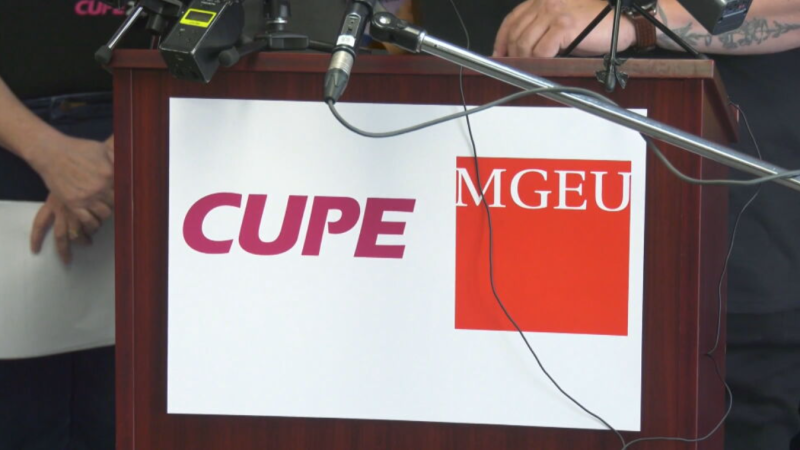Seniors’ advocates are sounding the alarm about the potential consequences of an upcoming worker strike. The strike, which is likely to happen in the near future, could have severe impacts on the well-being of seniors in Winnipeg.
According to reports, the strike would involve workers from the Winnipeg Regional Health Authority (WRHA) and the Canadian Union of Public Employees (CUPE). These workers play a crucial role in providing care and support to seniors in long-term care facilities and home care services.
If the strike were to occur, it could result in a shortage of staff and a decrease in the quality of care for seniors. This could lead to a decline in their physical and mental health, as well as an increase in social isolation.
Seniors’ advocates are particularly concerned about the impact on those who rely on home care services. These individuals may not have any other support system and could be left without essential services such as medication management, meal preparation, and personal care.
Furthermore, the strike could also have financial implications for seniors and their families. Many seniors may have to pay out-of-pocket for alternative care options, which could be costly and put a strain on their finances.
In light of these potential consequences, seniors’ advocates are urging the WRHA and CUPE to come to a resolution and avoid a strike. They are also calling on the government to step in and ensure that seniors’ needs are met during this time of uncertainty.
In response, the WRHA has stated that they are working on contingency plans to minimize the impact of a strike on seniors. They have also assured that essential services will continue to be provided.
As the situation unfolds, it is crucial for all parties involved to prioritize the well-being of seniors and work towards a solution that will not compromise their care. Seniors have already been greatly affected by the COVID-19 pandemic, and a strike would only add to their challenges. It is essential that their needs are not overlooked and that their care remains a top priority.




